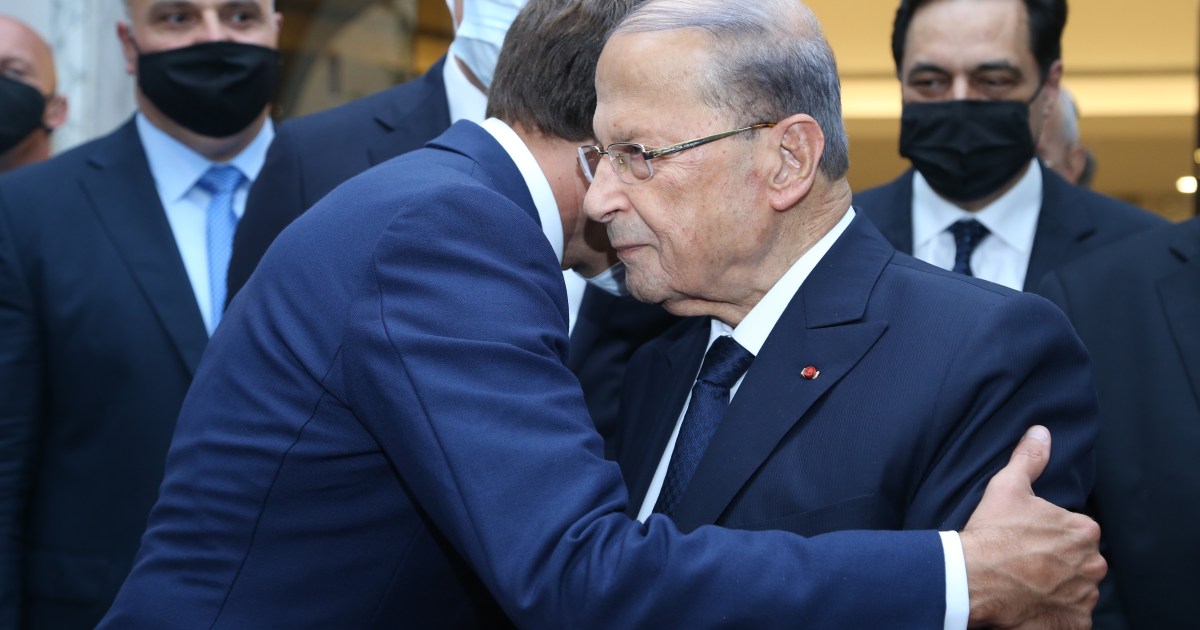The vicinity of the Lebanese Parliament witnessed clashes between security forces and demonstrators protesting the state of affairs in the country, while French President Emmanuel Macron confirmed that aid money will not be disbursed to Lebanon unless the required reforms are implemented.
The protesters gathered in Martyrs Square in central Beirut to commemorate the 100th anniversary of what is known as "Greater Lebanon", and expressed their rejection of the political deal that brought Mustafa Adib to head the government, as they considered him part of the political class that they see as the cause of the crisis.
Protesters threw stones at security forces, who responded with tear gas.
For his part, French President Emmanuel Macron said that the international funds allocated to Lebanon will not be released unless the required reforms are implemented, the most important of which are electricity and banking sector reforms and judicial reforms.
"Everything is stalled now and Lebanon is no longer able to finance itself," Macron said, adding that the central bank and the banking system are in crisis and there is a need for an audit.
He continued, "There is money that probably did not go to the targets set for it, so we need to know the truth of the numbers in order to take legal action after that."
Forensic financial audit
The French President met his Lebanese counterpart Michel Aoun at Baabda Palace.
Macron had inspected the Beirut port and the destroyed area thereof as a result of the explosion that occurred last month, and the Elysee announced that Macron will return to Lebanon in December.
During his meeting with representatives of humanitarian and other organizations and organizations affiliated with the United Nations, on the sidelines of his visit to the port of Beirut, Macron said that he is ready to host a new international conference in support of Lebanon in Paris next month.
In turn, Aoun said that the forensic financial audit contract was signed today, Tuesday.
He considered this signature "a pivotal step on the road to reform and combating corruption in Lebanon."
The caretaker finance minister, Ghazi Wazni, had signed three contracts with three companies related to criminal, financial and accounting auditing.

